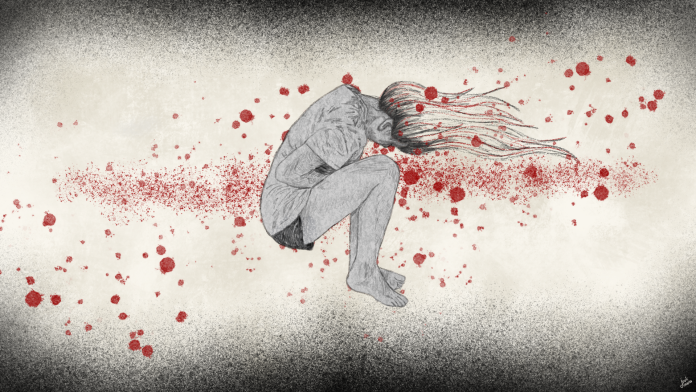Written by Malena Sanchez Moccero
Medically reviewed by Paula Alvarez (Psychologist, Dance-Movement Therapist, Emotional Intelligence Specialist & Applied Neuroscience in the Educational Field Specialist)
Despite advances in understanding mental disorders, discussing this topic remains challenging. People not only suffer from their illnesses but also face the stigma surrounding them. How can we reduce this unfair mark?
We talk openly about our physical illnesses, medication, and doctor visits. However, when it comes to mental health, many hesitate to share their experiences. Is mental health still a taboo?
If we want to change the status quo on mental health, we have to start by tackling stigma and discrimination.
Half of the world’s population will experience a mental health disorder in their lifetime. Despite the advances that have been made regarding awareness, there is still a strong and universal stigma attached to this subject. Many who struggle with these conditions admit that social stigma is one of the most painful aspects, which means ending up being marginalized in different ways. However, understanding what that looks like and how to address it can help.
These are only some of the effects of stigma:
- Lower self-esteem
- Bullying or physical violence
- Misunderstanding by family, friends, or co-workers
- Fewer opportunities for work, education, and housing
- Inadequate health insurance for mental illness treatment
- Reduced hope
- Reluctance to seek help
These effects can be really profound and extremely harmful. It’s time to do whatever we can to eradicate this stain. If we want to change the status quo on mental health we have to start by tackling stigma and discrimination.
Your words have power, so use them consciously to promote understanding.
5 Ways to Fight Stigma
1. Mind Your Language
Words matter. Phrases like “It drives me nuts” or “Are you insane?” can unintentionally hurt and perpetuate stigma. Be mindful when discussing mental health, using respectful language. Your words have power, so use them consciously to promote understanding.
2. Educate Yourself and Others
Most people who live with mental illness have been blamed for their condition. Their symptoms have been dismissed as a phase or something they can control. A lack of education is one of the main reasons why people stigmatize mental health.
By understanding the facts, you can develop compassion for yourself and others.
3. Share Your Experience
Talking openly about mental health can be difficult, but sharing your experience can be empowering. Also, if you talk about your treatment it can help others to see it as a real illness. Research shows that having contact with someone with mental illness is one of the best ways to reduce stigma. When we know someone with mental illness, it becomes less scary and more real.
When it comes to taking down stigma, knowledge and compassion are some of the most powerful tools you can use.
4. Recognize Identity Beyond Illness
A person’s diagnosis does not define them. It’s crucial to see beyond the illness and recognize each individual’s experience. By doing so, you affirm their identity and reduce the negative impact of labeling.
5. Support Organizations
Support local and national mental health organizations that are instrumental in raising awareness and providing support.
No matter how you contribute, you can make a difference simply by knowing that mental illness is not anyone’s fault. When it comes to taking down stigma, knowledge and compassion are some of the most powerful tools you can use.






